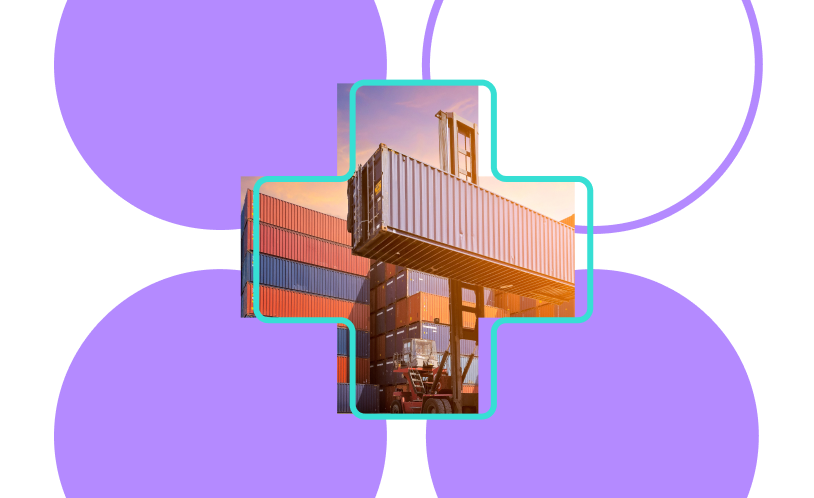More than 11 million cargo containers arrive at major US seaports every year. Congestion and delays are common due to such intensive cargo flow. Add to it the economic aftershock of the pandemic, and we saw a massive rise in blank sailings. Result? Your container is stuck at the port longer than you expected!
To reduce port congestion, terminal operators and shipping lines charge demurrage. Here’s everything you need to know about demurrage, its costs, and how to avoid it.
What is demurrage?
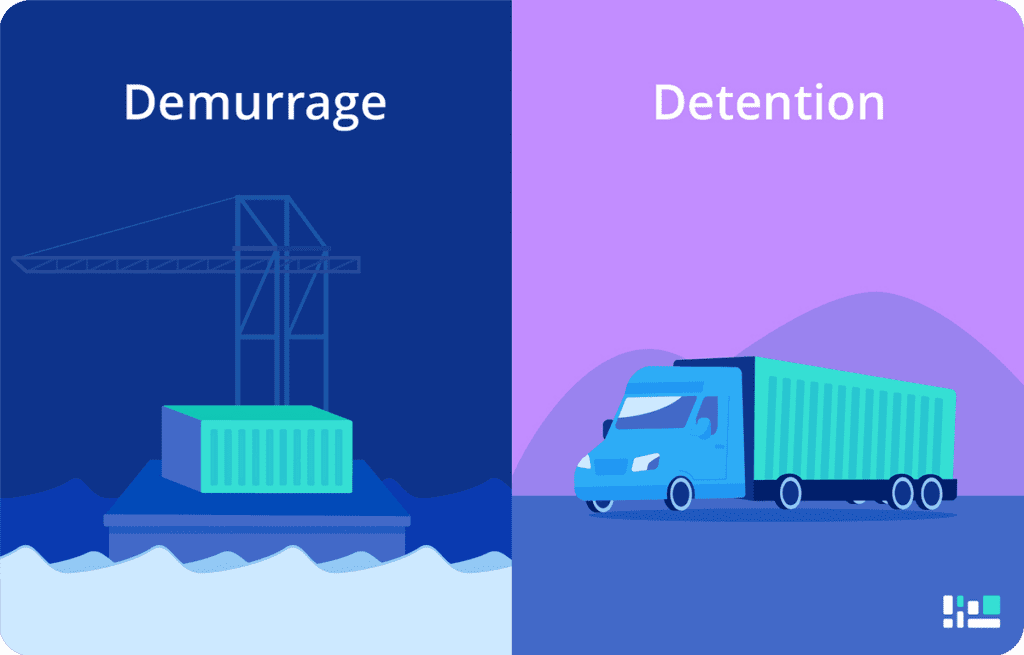
When your container arrives at the port, either for import or export, it is allocated a fixed number of free days. This means it can remain on the terminal for that specified time without paying any charges. Importers or exporters typically get 2-7 free days.
After the allocated free days are over, port/terminal operators or shipping lines charge you an overhead “late” fee for each extra day your container takes up the port space. This is called demurrage. These charges are calculated on a per-day basis.
Demurrage is a control measure to ensure a smooth flow of cargo at ports. But, it is levied irrespective of why a container is held up. That’s why many shippers find it hard to anticipate the demurrage costs.
What causes demurrage charges?
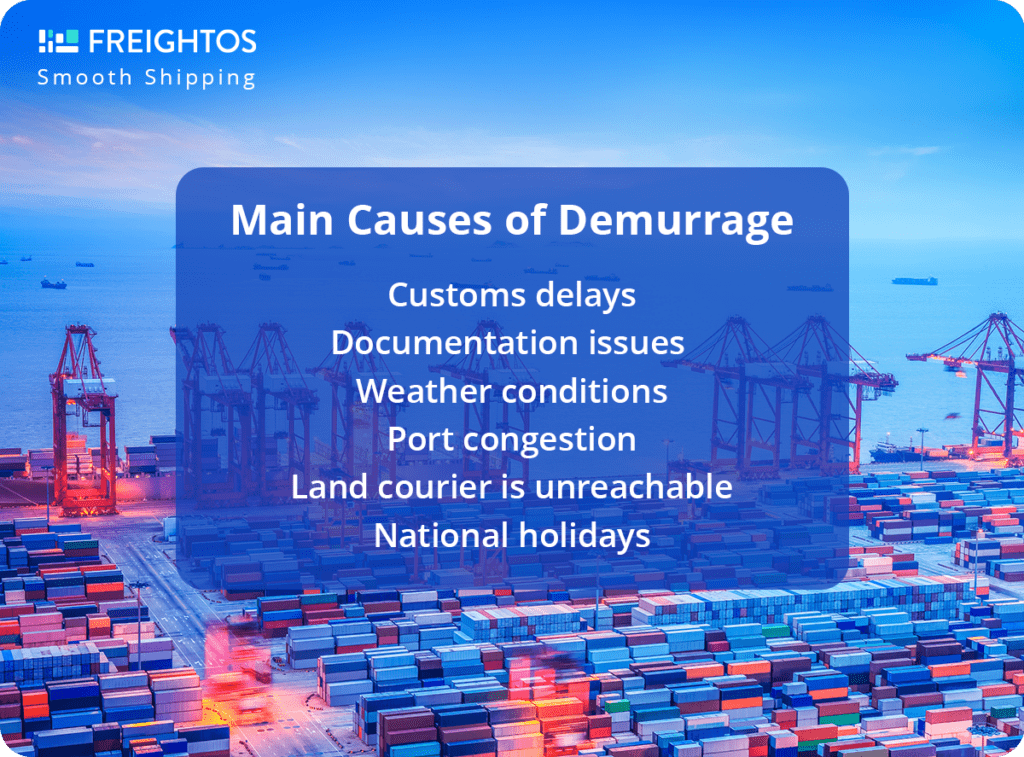
Demurrage is levied due to delays in moving the container from the terminal. Some of these factors are in human control and can be avoided, while others cannot.
Avoidable causes
- Lack of proper documentation, which results in containers getting stuck at customs
- Less visibility across the supply chain, leading to unpredictable delays
- Bad communication leading to late receipt of containers
- Delay in payment to port authorities, CBP, or carriers
Demurrage Draining Your Profits?
Optimize your shipping and keep your profits on track
READ MORE: Top Reasons Your Shipment is Delayed
Unavoidable causes of demurrage
- Unfavorable weather conditions or natural calamities such as floods or earthquakes
- Global events such as the block at the Suez Canal in 2021 or the Russia-Ukraine war
- Labor shortage at the port, vehicle unavailability, or truck driver strikes (which makes it hard to move containers on time)
- Customs inspections which are often unanticipated, cause a delay in container movement
Who pays demurrage charges?
Depending on the decided shipping terms, demurrage can either be paid by the shipper/seller or receiver/buyer. In most cases, demurrage charges are the seller’s responsibility.
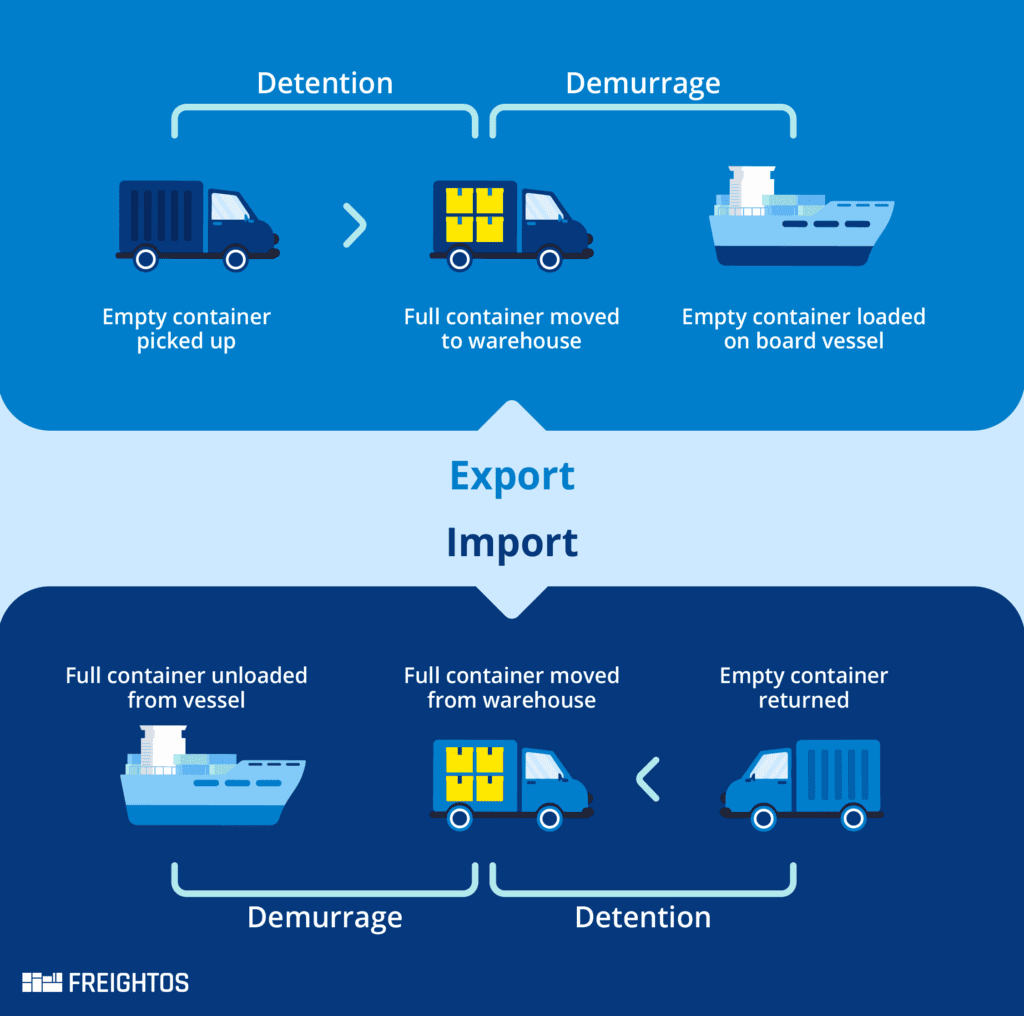
Demurrage vs. detention fees
When learning about demurrage, you must have heard of detention. In most countries, these two freight charges are classified as the same or often combined as one – collectively called demurrage and detention (D&D) charges.
However, there’s a slight difference between demurrage and detention charges.
| Demurrage | Detention | |
| 1 | Fees levied for container usage within the terminal after allocated free days are over | Fees levied for container usage outside the terminal after allocated free days are over |
| 2 | Charged when a full container stays at the terminal after free days till the consignee collects it | Charged after the consignee has received the container till the time the empty container is returned to the shipping line |
| 3 | Charged by terminal operators or shipping lines | Charged by shipping lines |
Demurrage vs per diem charges
Per diem charges refer to any charges incurred on a per-day basis. In the shipping industry, it is often used interchangeably with detention charges. Per diem charges are calculated at a fixed rate for each day your container has not been returned to the shipping lines.
How much does demurrage cost?
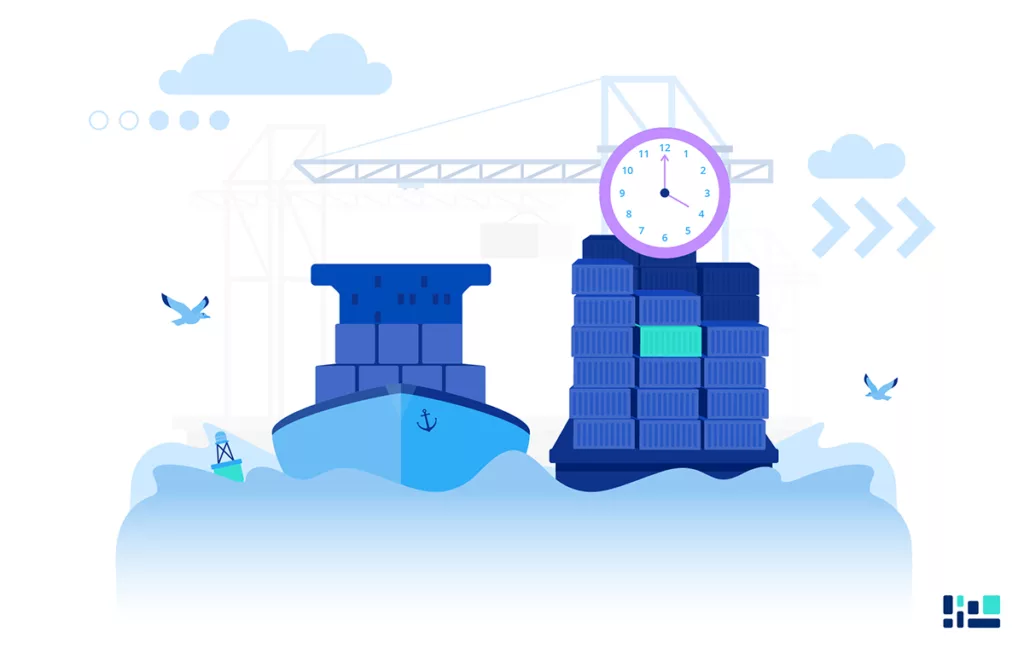
On average, demurrage can range anywhere from US $75 to US $300 per container per day. The rates vary with the shipping port or carrier lines you deal with.
The demurrage rate increases the longer your container is stuck at the terminal.
If you don’t keep an eye on the shipment, demurrage costs can chew away your profits or even lead to cash burn.
For example, let’s say the demurrage for a port is US $100 per container per day. After free days, your container starts incurring demurrage. If your container is stuck for 10 days, you pay US $1000-$1500 in demurrage, for ONE container. And this is the best-case scenario, as some ports may even have higher demurrage charges.
Don’t want to end up with hefty demurrage charges on your shipment?
How to avoid demurrage charges
- Be wary of port regulations and have all the paperwork ready to avoid documentation-related hold-ups at customs.
- Use technology to forecast ETAs, expected delays, or other contingencies. Plan and allocate your budgets accordingly.
- Keep communication swift and smooth across your supply chain. You must be able to contact your forwarder, trucker, or client quickly in case of any emergency.
- Optimize your shipping route to avoid ports that are often overcrowded. Look for alternate shipping routes or use multiple modes of transport for shipping.
- Opt for off-shore container storage facilities or warehouses to secure a cost-effective option and avoid demurrage.
- Work with experienced forwarders with a good network, as they will likely get the best demurrage rates and free days from the shipping lines.
- Expect the worst, always. Work with your forwarder to plan out backup transport, negotiate free days, and arrange for pickups well in advance.
Say Goodbye to Demurrage Fees
Streamline your shipping and avoid costly port delays


